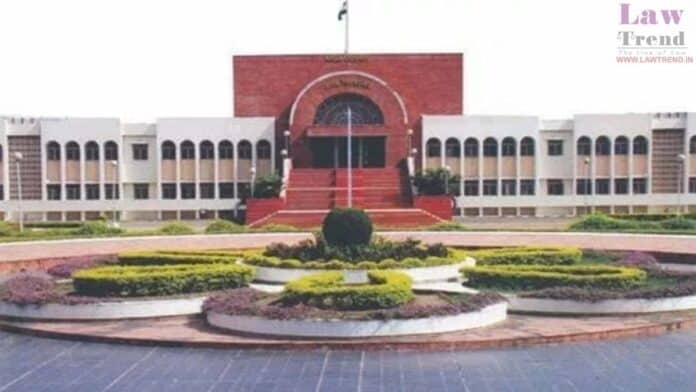In a significant legal ruling, the Bombay High Court, Aurangabad Bench, has reiterated that the delay in completing a trial beyond 60 days does not automatically entitle an accused to default bail under Section 437(6) of the Criminal Procedure Code (CrPC). The decision was delivered by Justice S. G. Mehare while hearing the bail plea
To Read More Please Subscribe to VIP Membership for Unlimited Access to All the Articles, Download Available Copies of Judgments/Order, Acess to Central/State Bare Acts, Advertisement Free Content, Access to More than 4000 Legal Drafts( Readymade Editable Formats of Suits, Petitions, Writs, Legal Notices, Divorce Petitions, 138 Notices, Bail Applications etc.) in Hindi and English.




